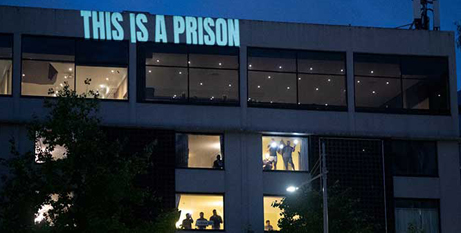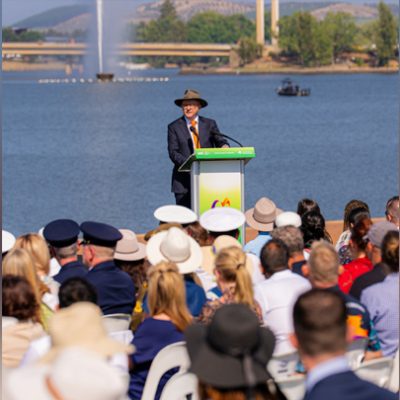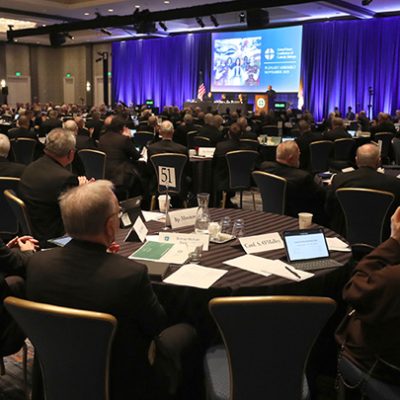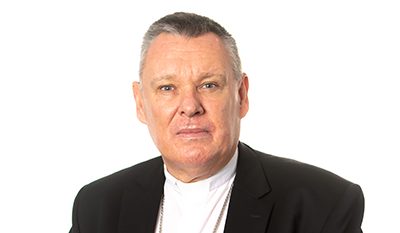
The Commonwealth’s use of city hotels as ad hoc immigration detention centres, including confining people for nearly two years, has “devastating impacts on people’s mental and physical health”, the Australian Human Rights Commission has found. Source: The Guardian.
In a report published today, the commission argued that the use of hotels to incarcerate people remained a “regularised” part of Australia’s immigration infrastructure, rather than a measure of last resort, even though the number of people detained – and the length of their detention – has steadily decreased.
At the time of the commission’s inspections in mid-2022, the longest continuous detention in a hotel was 634 days and the average time was 69 days.
The report found the negative mental health impacts of hotel detention grew progressively worse the longer confinement continued, and often exacerbated earlier traumas.
Human Rights Commissioner Lorraine Finlay inspected detention hotels with Professor Suresh Sundram, the head of the department of psychiatry at Monash University, and found “entrenched boredom, loneliness, frustration and apathy” among detainees.
Some reported they felt they were better off in prison or immigration detention centres, where they had access to activities, exercise and fresh air.
Government figures show the number of people held in Alternative Places of Detention has fallen from more than 100 in early 2022, to just over 40, a development welcomed by Commissioner Finlay.
The commission’s report made 24 recommendations. In response the Department of Home Affairs agreed with two, disagreed with five, and noted the remaining 17. The department said it worked to minimise the use of hotels as places of detention.
FULL STORY
Australia’s use of hotels for immigration detention found to have ‘devastating’ health effects (By Ben Doherty, The Guardian)
RELATED COVERAGE
Human Rights Commissioner takes aim at lengthy stays in hotel detention (ABC News)
Novak Djokovic put a spotlight on this issue in Australia. Now there’s renewed criticism (SBS News)






